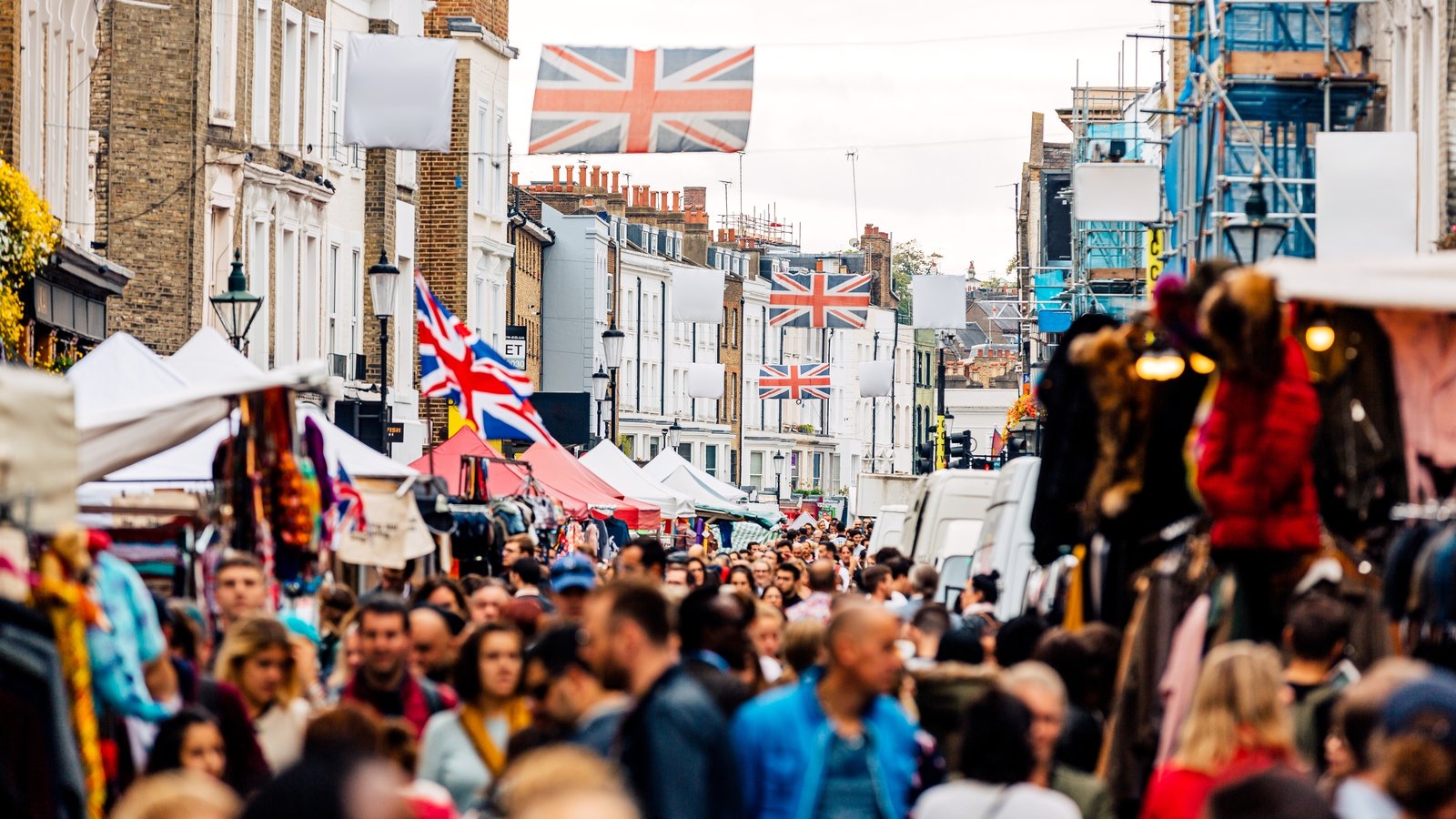British retail sales jumped sharply last month after heavy rain kept shoppers away in April, official figures showed today, in a minor boost for Prime Minister Rishi Sunak ahead of the July 4 election.
Sales volumes rose 2.9% in May, up from a revised 1.8% fall in April, the Office for National Statistics said.
Economists polled by Reuters had on average forecast sales volumes would increase by 1.5% in May.
Compared to a year ago, May’s sales volumes were 1.3% higher, after a revised 2.3% fall in April, but remained 0.5% below their level in February 2020 before the Covid-19 pandemic.
The ONS said yearly sales growth might also be distorted by an extra public holiday in May 2023 to mark King Charles’ coronation.
Lisa Hooker, a consumer markets specialist at PwC, said May’s sales growth was less strong than it looked at first glance, once the extra trading day, a cut in employee payroll taxes and a rise in the minimum wage were taken into account.
“We would have expected a larger improvement in sales volumes,” she said.
British shoppers have been squeezed by high inflation which only returned to the Bank of England’s 2% target last month after exceeding it for nearly three years.
Average wages are now rising faster than inflation and consumer sentiment in June had recovered to its highest since November 2021, according to figures from Britain’s longest-running consumer confidence survey earlier today.
The ONS said sales volumes rose across most sectors last month, with clothing retailers and furniture stores rebounding especially strongly following poor weather in April.
The improvement comes after many retailers reported that discretionary spending was under pressure in the first quarter of 2024.
Tesco, Britain’s biggest food retailer, last week reported a strong first quarter. However, sportswear seller JD Sports Fashion recently reported a drop in first quarter UK sales, while sofa retailer DFS Furniture warned on profit.
“Although macroeconomic indicators – including interest rates, inflation, and wages are improving – it seems consumers are biding their time, waiting for a more optimistic climate before loosening their purse strings,” Silvia Rindone, retail lead at EY UK and Ireland, said.

